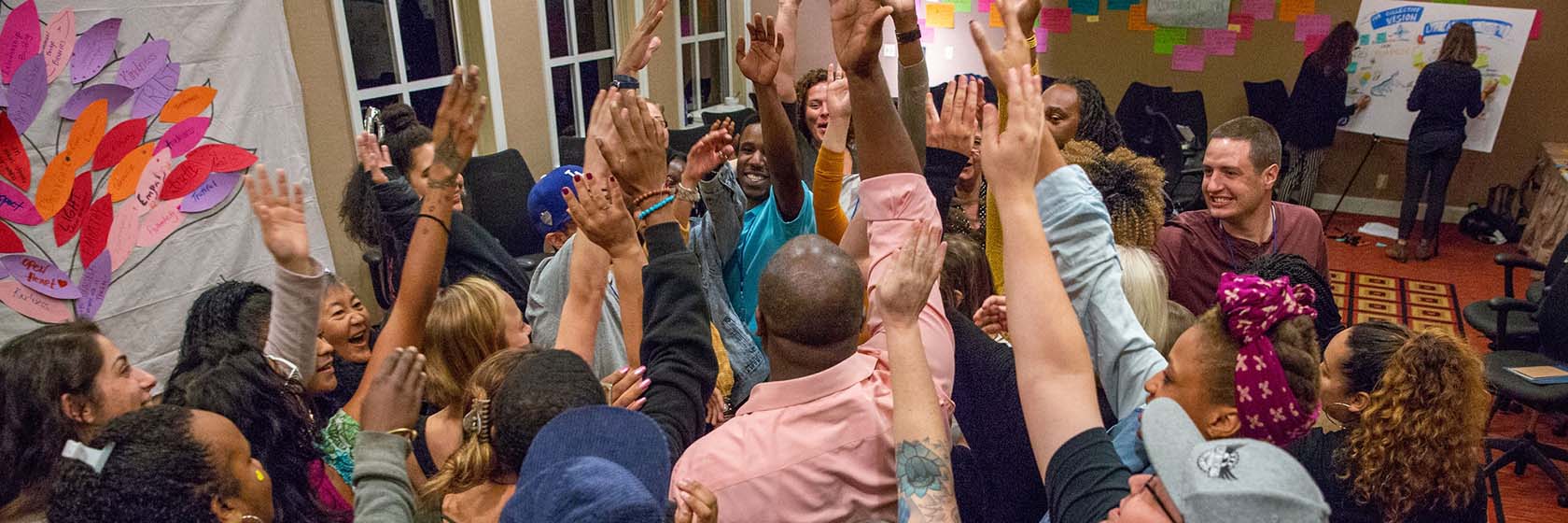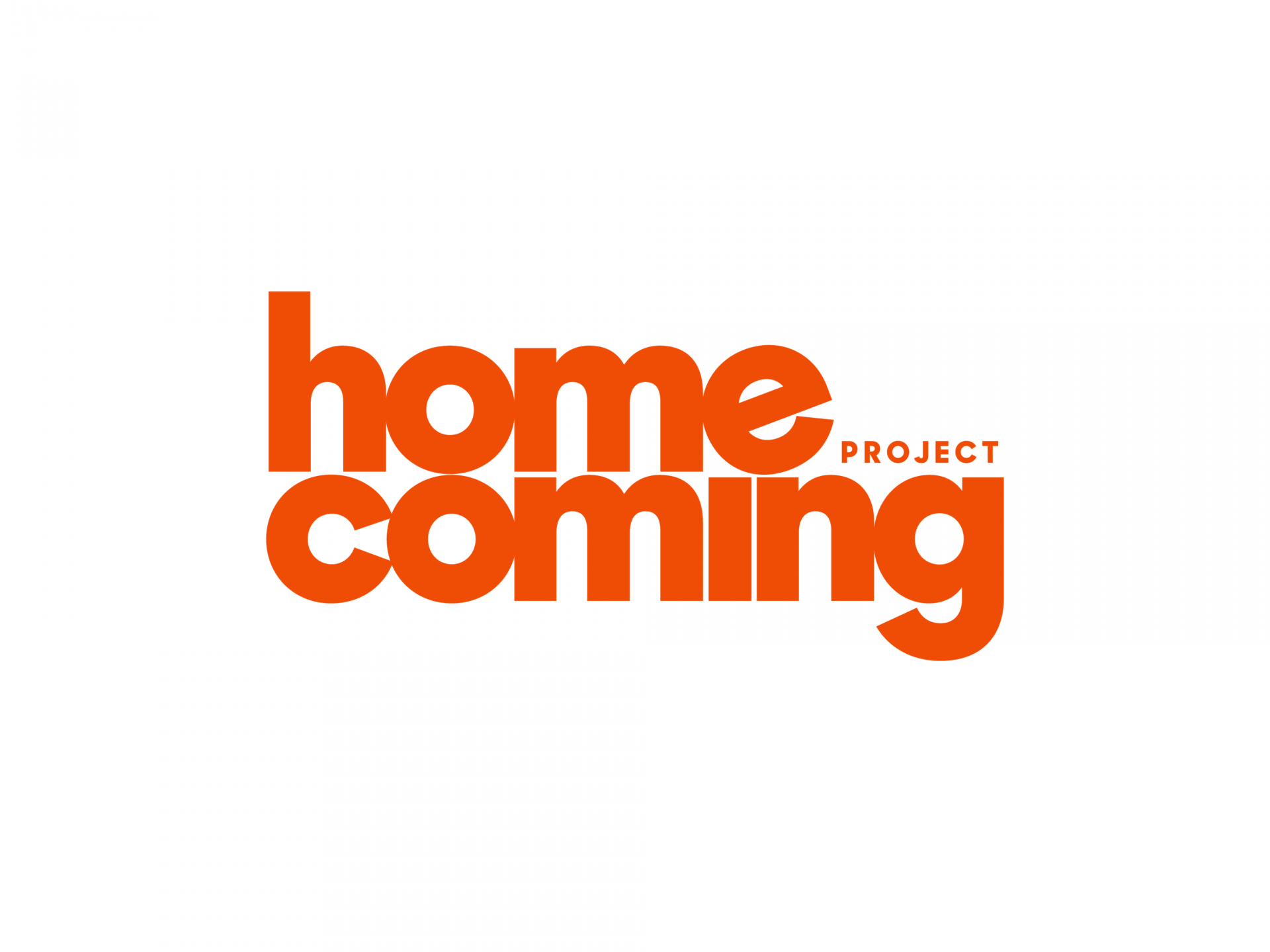FOR IMMEDIATE RELEASE
June 10, 2019
Contact: Kyung Jin Lee
kjlee@impactjustice.org
510-684-3122
Communities Have a New Interactive Tool to Build Restorative Justice Diversion Programs
OAKLAND, CA: Advocates seeking solutions to youth criminalization and incarceration can now learn to divert youth from the juvenile legal system through a guided, online toolkit developed by the Restorative Justice Project at Impact Justice.
A first-of-its kind resource, A Diversion Toolkit for Communities offers step-by-step instructions to build programs where young people can take accountability for harm they cause without getting pushed into the juvenile legal system. The toolkit centers around a pre-charge approach to restorative justice diversion. This means after a young person is arrested for a felony or a serious misdemeanor such as a robbery, burglary, or assault, the county’s prosecutor may refer the case to a community-based organization to hold a facilitated face-to-face meeting with the person harmed, responsible youth, caregivers, and impacted community members. During this meeting, a consensus-based plan to make things right is created and once completed, the case is closed, and no charges are filed.
“The US criminal legal system neither improves public safety nor meets the needs of survivors and communities,” said sujatha baliga, director of Impact Justice’s Restorative Justice Project. “We need community-led solutions that prioritize healing and meaningful accountability. Young people deserve support to repair the harms they cause, and survivors must be the ones to define what that repair looks like. A Diversion Toolkit for Communities will help spread restorative justice diversion to serve all these needs on a national scale.”
This approach focuses on ending racial and ethnic disparities in the juvenile legal system. With Black youth in the US incarcerated at five times the rate of white youth, Latinx youth almost twice as likely, and Native American youth three times as likely, it’s time to rethink our approach to addressing harm. Further, by a 3 to 1 margin, survivors prefer holding people accountable through options beyond prison.
Other questions addressed in the toolkit include:
- What is restorative justice and restorative justice diversion?
- What do survivors need?
- How can organizations work with legal systems partners?
- What kind of cases work best for restorative justice diversion?
- How can we fund this work?
There are currently five counties in the US using this approach with continual support from Impact Justice’s Restorative Justice Project. Two more counties are scheduled to launch later this year.
An evaluation of the program in Alameda County, California, shows restorative justice diversion works. Youth who participated in a diversion program were 44% less likely to recidivate compared to youth who were processed through the juvenile legal system. The average cost of a diversion case is currently estimated to be around $10,000 versus $493,000 a year to incarcerate a young person. Additionally, nine out of 10 survivors and responsible youth found the restorative justice process beneficial.
“We can create healthy communities by investing in restorative justice diversion,” said Ashlee George, associate director of the Restorative Justice Project. “Through this approach, not only can we reduce the number of youth in the system, we can also reduce recidivism and rely more on the wisdom of community leadership.”
A Diversion Toolkit for Communities launches June 10, 2019 at rjdtoolkit.impactjustice.org. Once community-based organization staff completes the toolkit, they can receive trainings from the Restorative Justice Project to receive cases. Trainings will begin in 2020.
###
ABOUT IMPACT JUSTICE:
Impact Justice is a national innovation and research center advancing new ideas and solutions for justice reform. We work to dramatically reduce the massive number of youth and adults in our justice system, improve conditions and outcomes for those who are incarcerated, and provide meaningful opportunities for formerly incarcerated people to rejoin their communities.
ABOUT THE RESTORATIVE JUSTICE PROJECT:
The Restorative Justice Project works in diversion and explores possibilities for restorative justice in intimate partner violence and sexual harm. We shift the paradigm from punitive to restorative – recognizing and valuing every individual’s dignity and potential.
For more information: http://impactjustice.org
Twitter: @ImpactJustice



